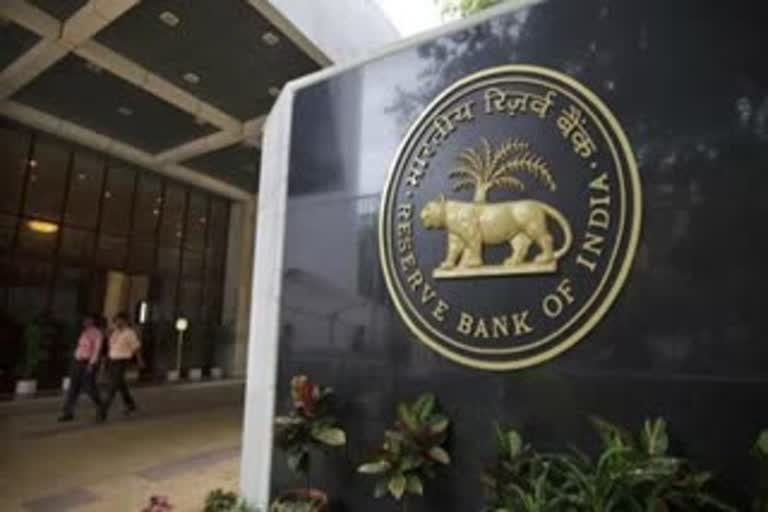Mumbai: In a major relief for the Centre, the Reserve Bank of India (RBI) has approved the transfer of Rs 99,122 crore as surplus for a nine-month period of the previous financial year.
The Central Bank has taken this decision at its Central Board of Directors meeting Friday under the Chairmanship of RBI Governor Shaktikanta Das.
Besides approving the Annual Report and accounts of the Reserve Bank for the nine-month period of July 2020-March 2021, the Board “approved the transfer of Rs 99,122 crore as surplus to the Central Government for the accounting period of nine months ended March 31, 2021,” said a statement by the RBI.
The Central Bank has decided to transfer this amount while maintaining the Contingency Risk Buffer at 5.50 per cent, the statement added.
According to the statement, the Board has taken this decision after reviewing the current domestic and global economic situation.
“The Board in its meeting reviewed the current economic situation, global and domestic challenges and recent policy measures taken by the Reserve Bank to mitigate the adverse impact of the second wave of COVID-19 on the economy,” added the statement.
The accounting year of RBI is truncated as the Reserve Bank of India (RBI) has aligned its July-June accounting year with the government's April-March fiscal year.
The RBI has followed a July-June financial year since 1940, when it moved away from a January-December financial year.
The Central Bank earns via interest income on account of open market operations (OMOs), foreign exchange (FX) gains, and writing back of excess risk provisions. RBI's liabilities include issuance of notes and deposits held (CRR and reverse repos).
The transfer of surplus is expected to help the government ease fiscal pressure caused by the Covid-19 pandemic and also aid it in giving the economy a boost.
In the past, the demand on the RBI for higher dividends and to part with a greater share of its capital has been a hotly debated issue between the central bank and the government.
"The amount of surplus to be transferred by the RBI to the Government of India is considerably higher than the budgeted level. This will offer a buffer to absorb the losses in indirect tax revenues that are anticipated in May-June 2021, related to the impact of the now widespread state lockdowns on the level of consumption on discretionary items and contact-intensive services," ICRA Chief Economist Aditi Nayar told IANS.
